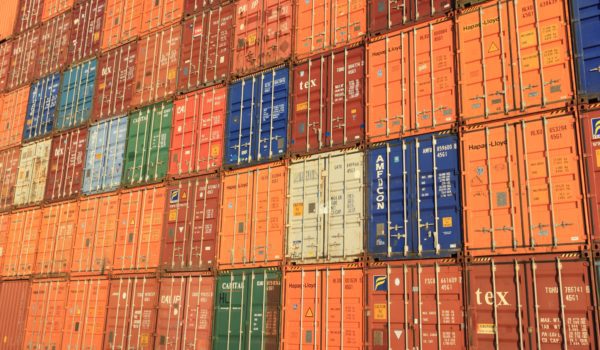As expected, the U.S. trade relationship with Russia continues to rapidly evolve. On February 24, the Department of Commerce, Bureau of Industry and Security (BIS) published a final rule, specifically relating to exports to Russia and Ukraine. Effective immediately, all of the following will now require a BIS export license and such license requests will be subject to a policy of denial:
- Any export from the U.S. to the Crimea, Donetsk, or Luhansk regions of Ukraine.
- Export from the U.S. to Russia of any items classified under an Export Control Classification Number beginning in 3 – 9 (i.e., located in Categories 3 – 9 of the Commerce Control List) (excludes deemed exports).
- Note: The restricted categories include Electronics, Computers, Telecommunications and Information Security, Sensors and Lasers, Navigation and Avionics, Marine, and Aerospace and Propulsion. Critically, many of these items were not previously controlled for export to Russia, including sensors, telecommunications equipment, navigation equipment, marine equipment, and aircraft components.
- Reexports from third countries of foreign direct products (FDP) of U.S. software or technology (with some exceptions for other countries also implementing sanctions against Russia).
- Note: If the products are going to a non-military end-user, the restriction does not apply to EAR99 end products. However, if the end-user is military, the restriction does include EAR99 end products.
- Exports from the U.S. of items subject to the Export Administration Regulations (EAR) to any Russian military end-user or for any military end-use.
- Note: Only excludes EAR99 food and medicine and some mass-market communication equipment and software.
U.S. companies should seriously consider suspending all of the above activities immediately. If, however, transactions described above are already pending or the order in question is otherwise critical, it may be worth exploring whether one of the following “exceptions” apply to your transaction:
- There is a wind-down period allotted for some transactions involving FDPs.
- Some limited situations require that the BIS to apply a case-by-case review to a license application rather than a policy of denial, which includes exports relating to maritime or flight safety or humanitarian needs.
- The Office of Foreign Assets Control has issued a number of General Licenses that can be used to proceed with a transaction described above without a specific license, in some circumstances, such as:
- Winding down of transactions involving:
- The so-called Donetsk People’s Republic or Luhansk People’s Republic regions of Ukraine;
- State Corporation Bank for Development and Foreign Economic Affairs Vnesheconombank;
- Nord Stream 2 AG; and
- Certain blocked persons.
- Winding down of transactions involving:
- Exportation or reexportation of Agricultural Commodities, Medicine, Medical Devices, Replacement Parts and Components, or Software Updates and Transactions Related to the Coronavirus Disease 2019 (COVID-19) Pandemic;
- Transactions Related to Telecommunications and Mail;
- Official Business of Certain International Organizations and Entities;
- Noncommercial, Personal Remittances and the Operation of Accounts;
- Exportation of Certain Services and Software Incident to Internet-Based Communications;
- Certain Servicing Transactions Involving State Corporation Bank for Development and Foreign Economic Affairs Vnesheconombank;
- Overflight Payments, Emergency Landings, and Air Ambulance Services;
- Transactions Related to Energy;
- Transactions Related to Dealings in Certain Debt or Equity;
- Certain Transactions Related to Derivative Contracts; and
- U.S. persons to reject certain transactions.
Keep in mind that application of any of the above exceptions is highly fact-specific and such exceptions should only be utilized with a great deal of caution.
If you need advice on how the new BIS export restrictions apply to a particular transaction or whether such a transaction may qualify for an exception, please contact Jan de Beer, Katie Berkley, Chanhee Han, or any attorney with Frost Brown Todd’s International Services practice group.
Our attorneys continue to evaluate the potential business impacts due to the conflict in Ukraine. Click below to read other articles in this collection.
BIS Sanctions Luxury Goods Destined for Russia and Belarus
Russian Sanctions: Four Things for Businesses to Consider
Issues to Consider When Implementing or Executing Your IP Strategy in Russia

